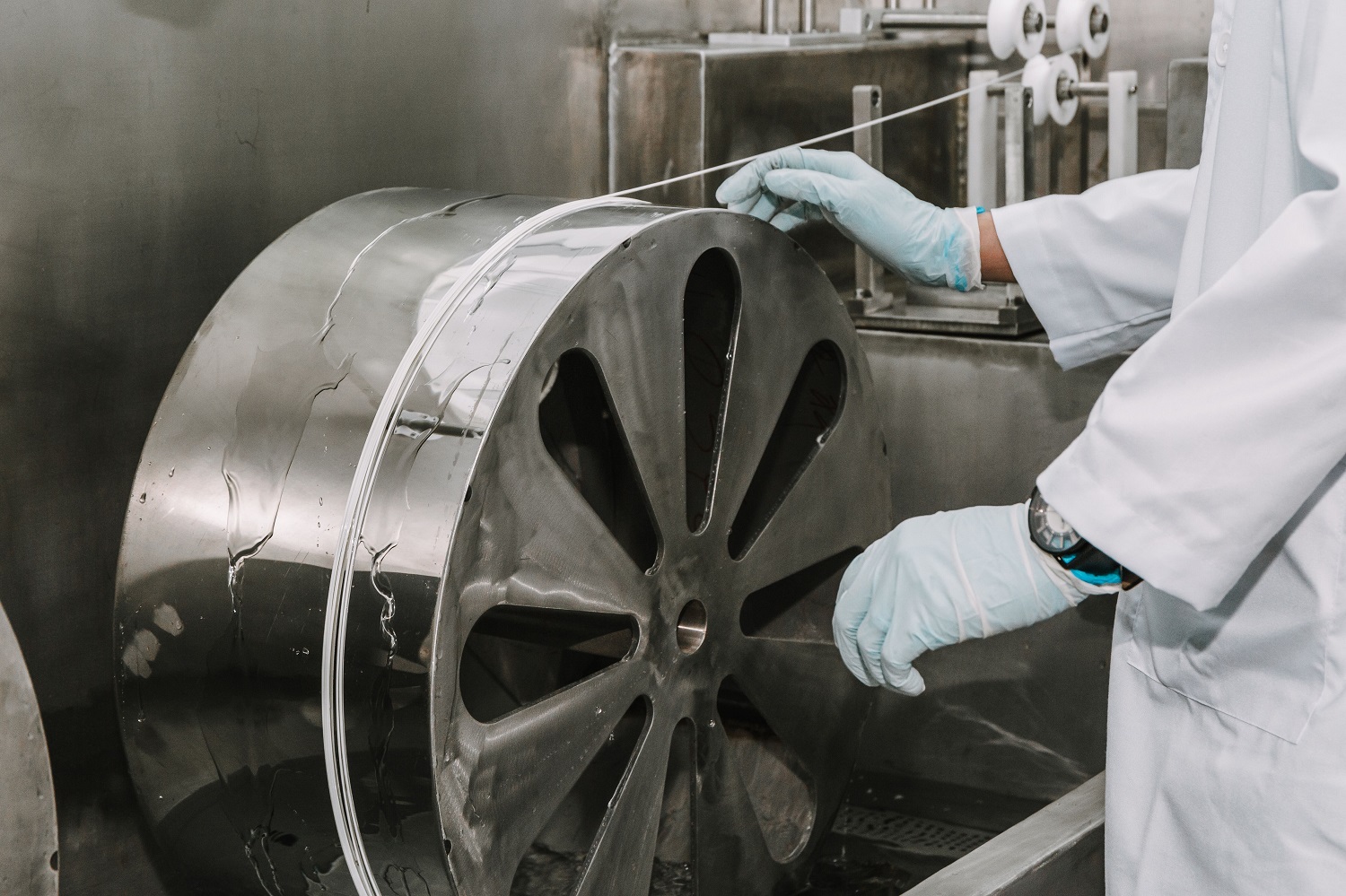
Australian-Singaporean water and wastewater treatment company De.mem’s newly-developed microfiltration membrane (MF) is designed for food and beverage applications.
The new technology is a hollow fibre membrane with a relatively large pore size and increased flux, allowing a greater throughput of liquids. The technology adds to De.mem’s existing hollow fibre nanofiltration and ultrafiltration technologies. MF membranes are deployed on a stand-alone basis, often also as a pre-treatment for other separation processes such as ultrafiltration and as a post-treatment for granular media filtration. The typical particle size of contaminants excluded by MF ranges from about 0.1 to 10 μm. The technology can remove small particles such as sediment, algae, protozoa or large bacteria from a liquid. De.mem’s MF membrane can be deployed in the processing of beverages such as wine, beer, dairy, as well as in potable and wastewater treatment. The technology can also be used as a pre-filter to De.mem’s existing ultrafiltration and nanofiltration processes. According to Acumen Research and Consulting, the global market for microfiltration membranes and systems is forecast to be US$6.9 billion by 2026, growing at a compounded annual rate of 7.1% from 2019-2026.


